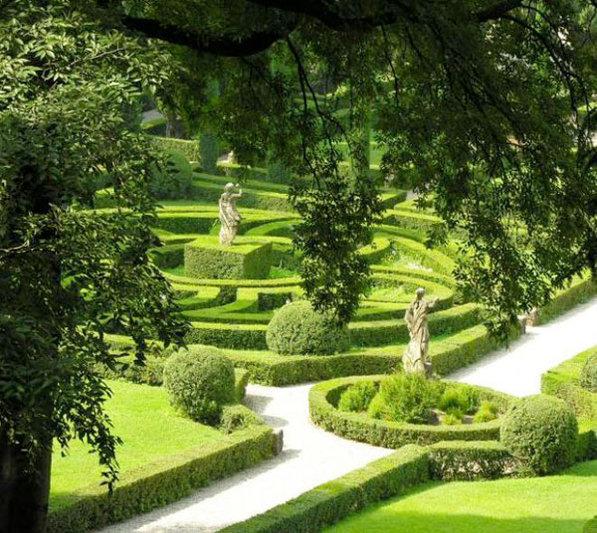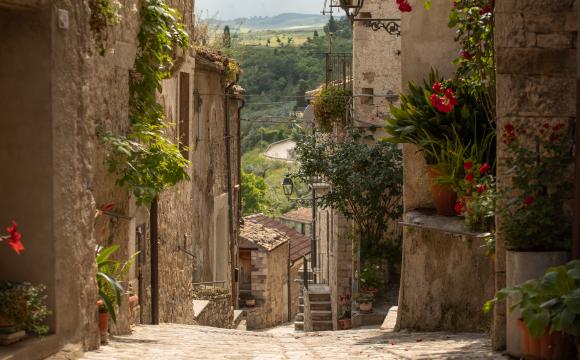Getty Mounts Gardens Of The Renaissance Show

The Getty Centre in Los Angeles, California is mounting an exhibition dedicated to Renaissance gardens.
Called ‘Gardens of the Renaissance’, the show explores gardens from the literary Garden of Love and the biblical Garden of Eden to courtly gardens of the nobility, via a range of works drawn from the Getty Museum’s permanent collection and private collectors. To coincide with the exhibition, Getty’s Central Garden will be planted with flowers, herbs and greenery commonly seen during the Renaissance in Europe.
During the Renaissance, gardens and their flora were used as religious symbols in art, as signs of social status and enjoyed for their aesthetic value. All levels of Renaissance society planted and treasured gardens, whether they belonged to grandiose villas or common kitchens. In the Renaissance, gardens complemented the architectural harmony of courtly estates through plantings along a central axis and beds of herbs and flowers arranged in geometric patterns. The combination of sculptures, fountains, and topiaries in gardens expressed the patron’s control over nature.
Timothy Potts, director of the J. Paul Getty Museum, said: “This exhibition celebrates the Renaissance garden, which inherited the traditions established by the medieval monastic cloister and provided the foundation for the extravagant gardens of the Baroque period... The exhibition will include a number of exceptional objects from the museum’s collection that reflect the Renaissance appreciation for magnificent foliage, brilliant colour and landscape design. We are also in a unique position to share with visitors living examples of typical Renaissance plantings through our own garden, which I’m sure will bring the exhibition to life and greatly appeal to the many visitors who come to enjoy our spectacular gardens and landscaping.”
The ‘Gardens of the Renaissance’ exhibition runs from 28 May to 11 August 2013. The exhibition will be accompanied by a book, ‘Gardens of the Renaissance’, written by Bryan Keene and published by Getty Publications.
You may also be interested in...
Latest property in Italy
370 m²
7 Bedrooms
279000
210 m²
4 Bedrooms
135000
270 m²
4 Bedrooms
395000
300 m²
4 Bedrooms
1100000
0 m²
7 Bedrooms
1200000
What to do in Italy
Speak, live and enjoy Italian with Renata: homestay experience in the heart of Milan, in-person and online lessons
8-day Puglia small group guided tours, Southern Italy












